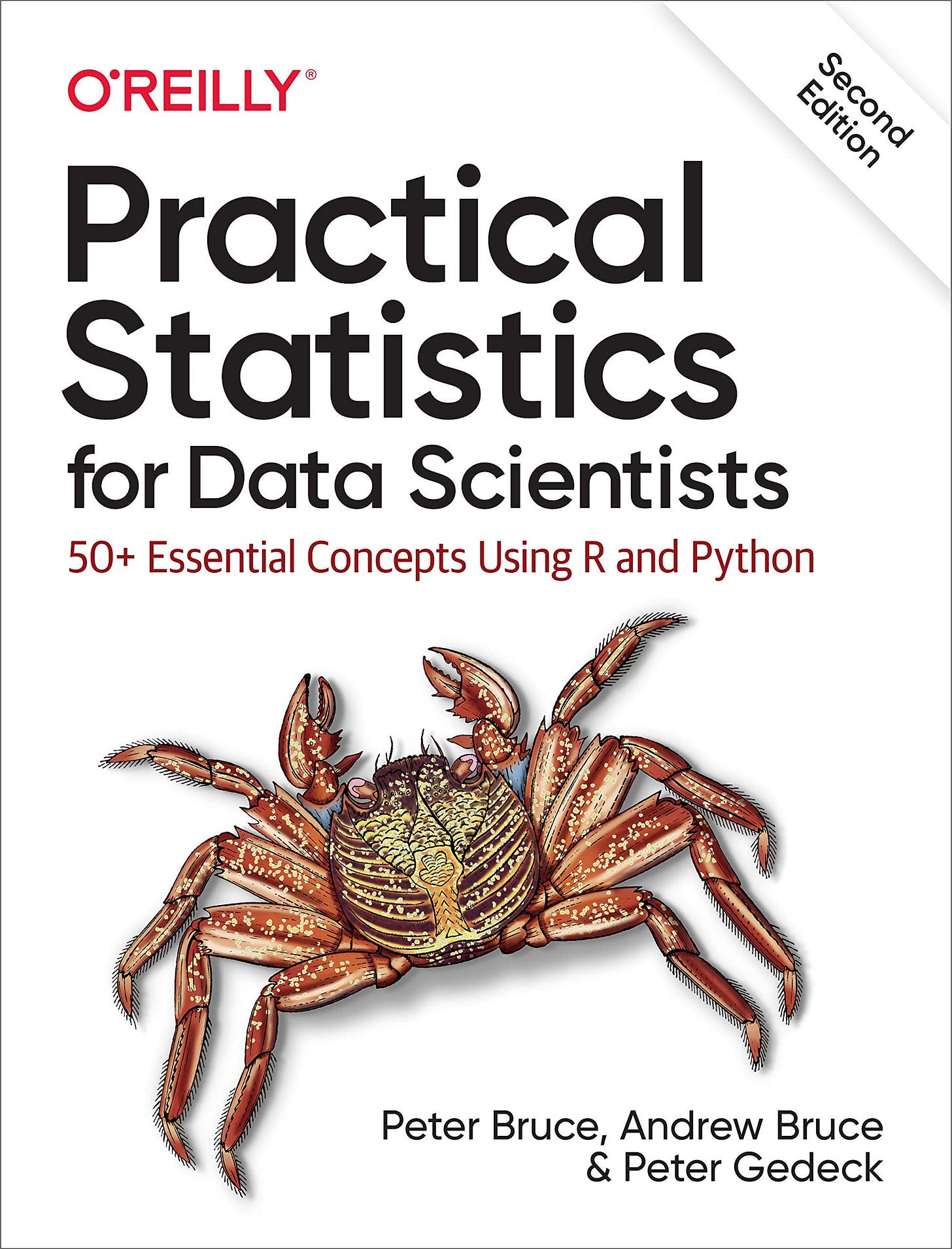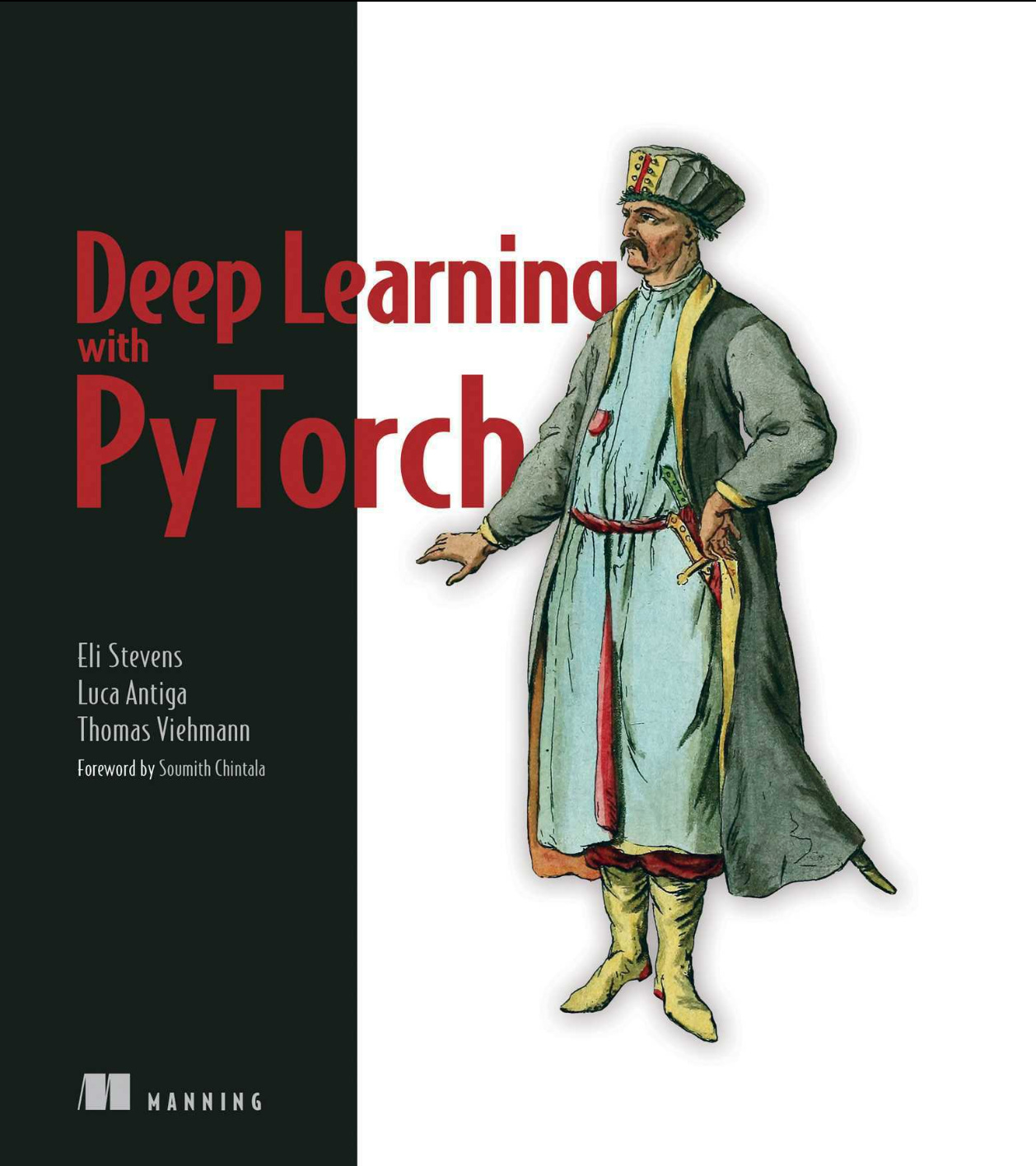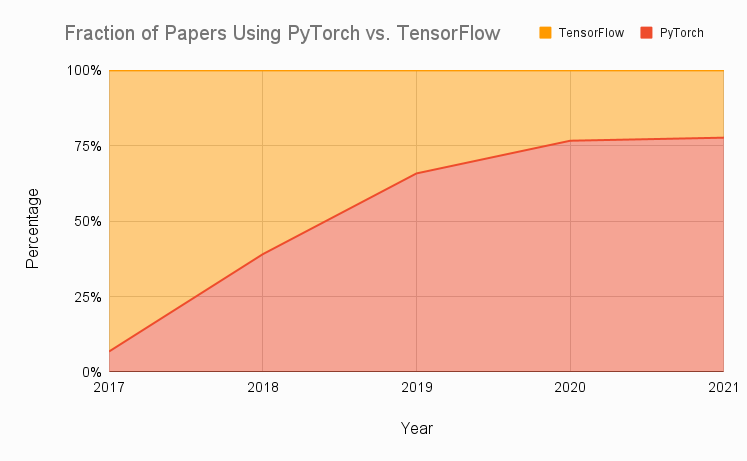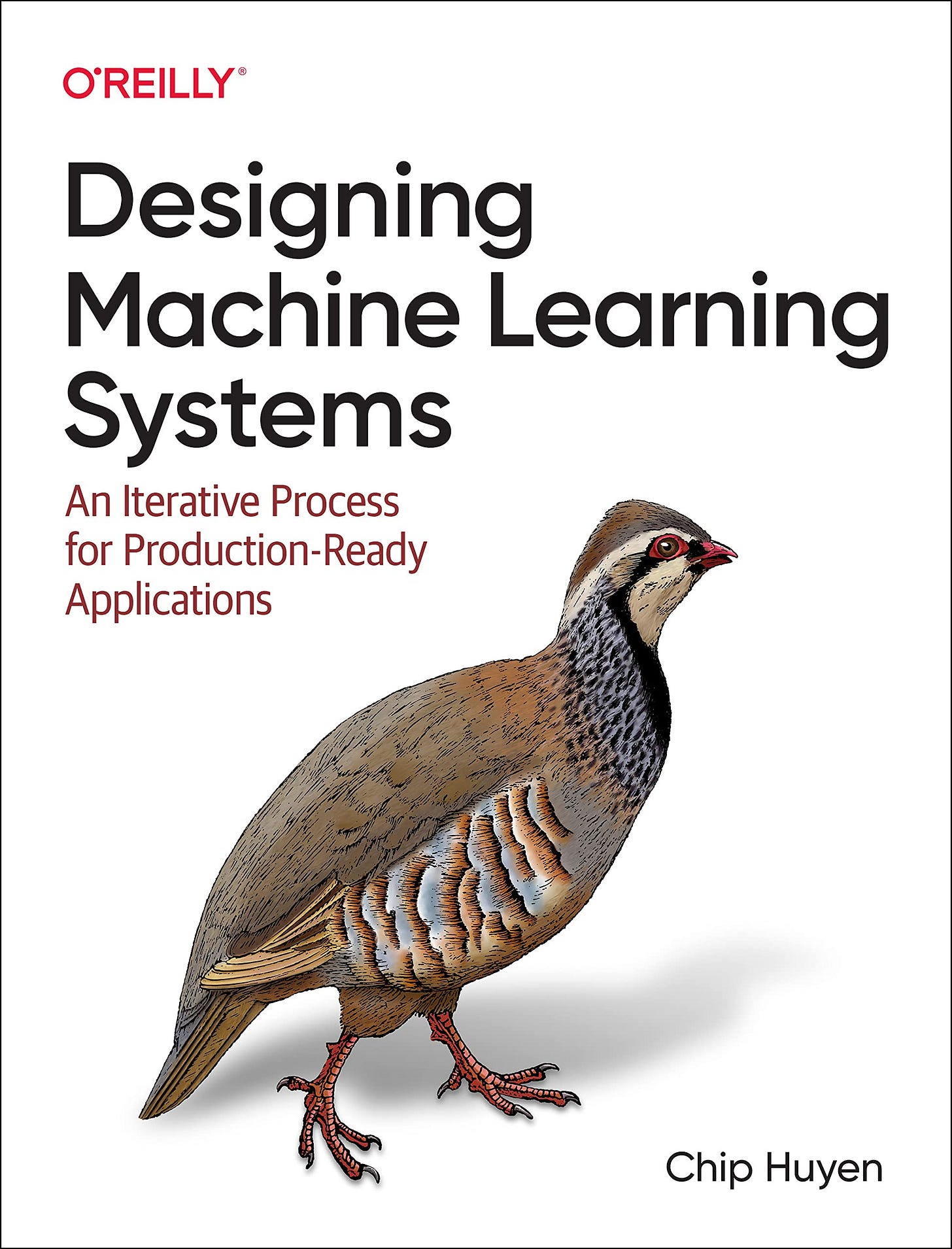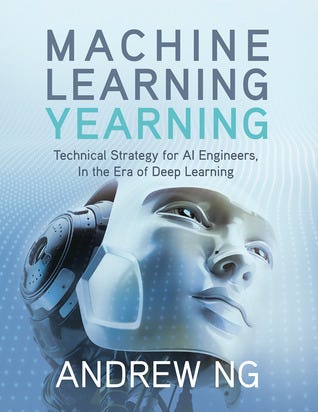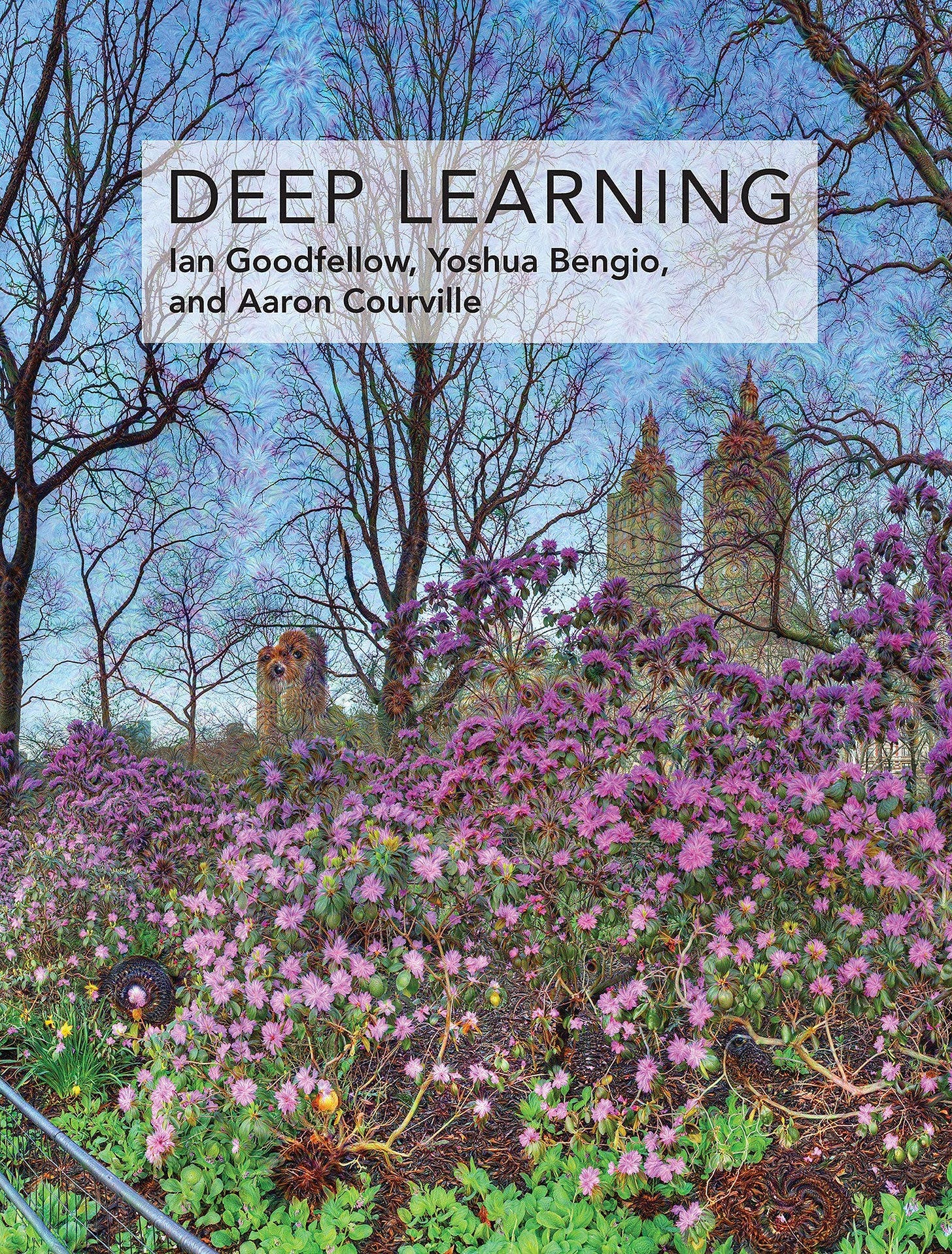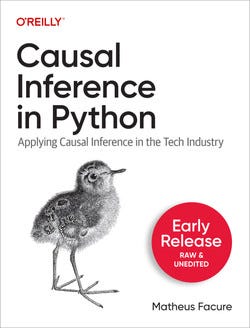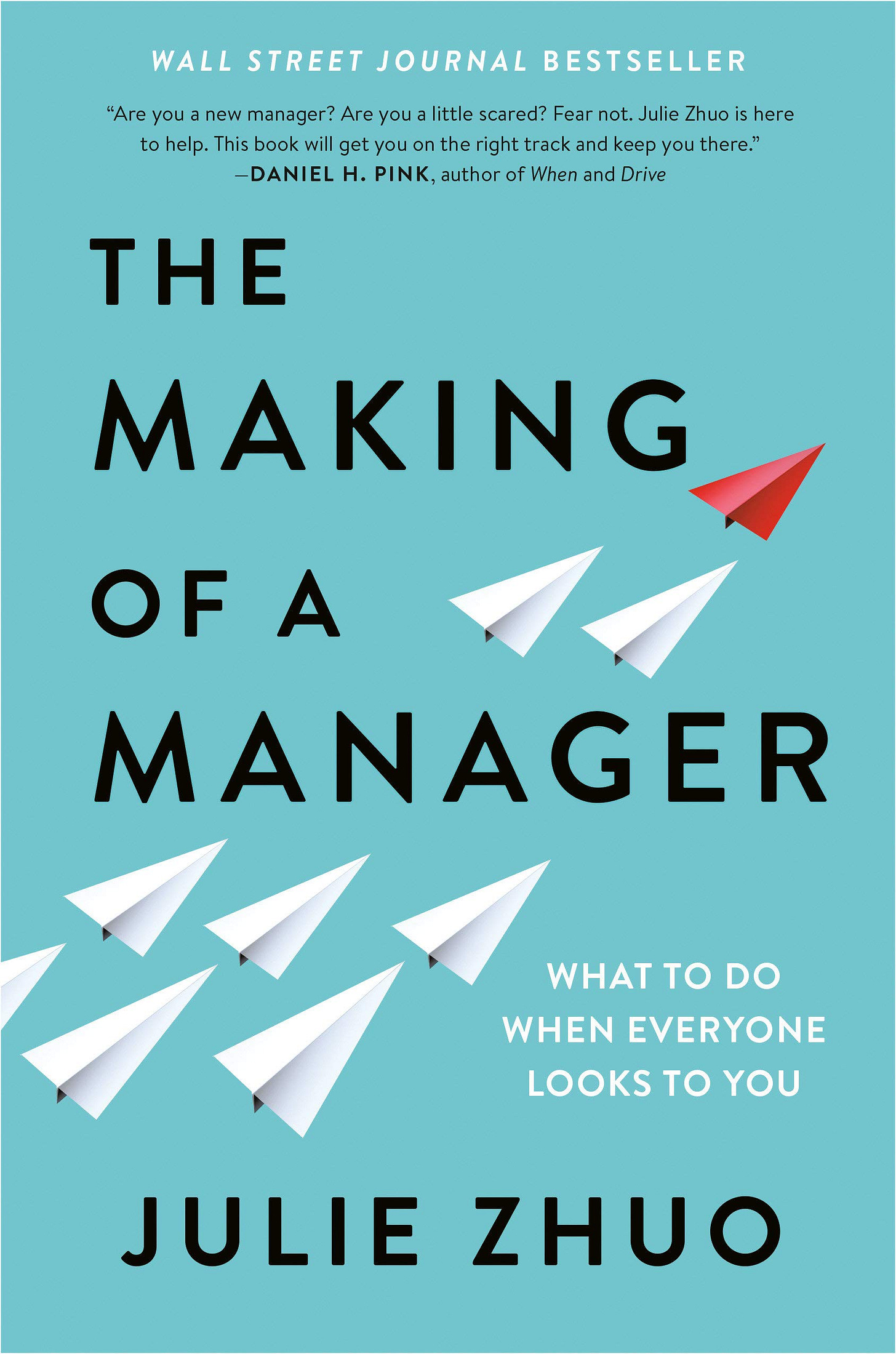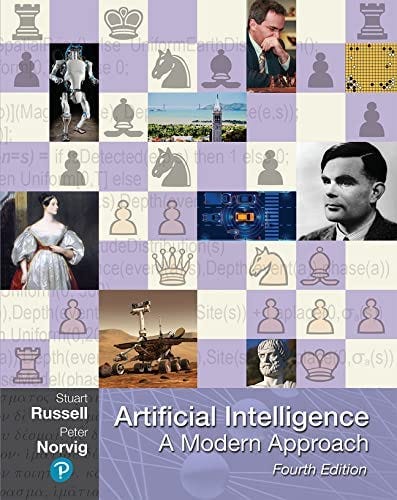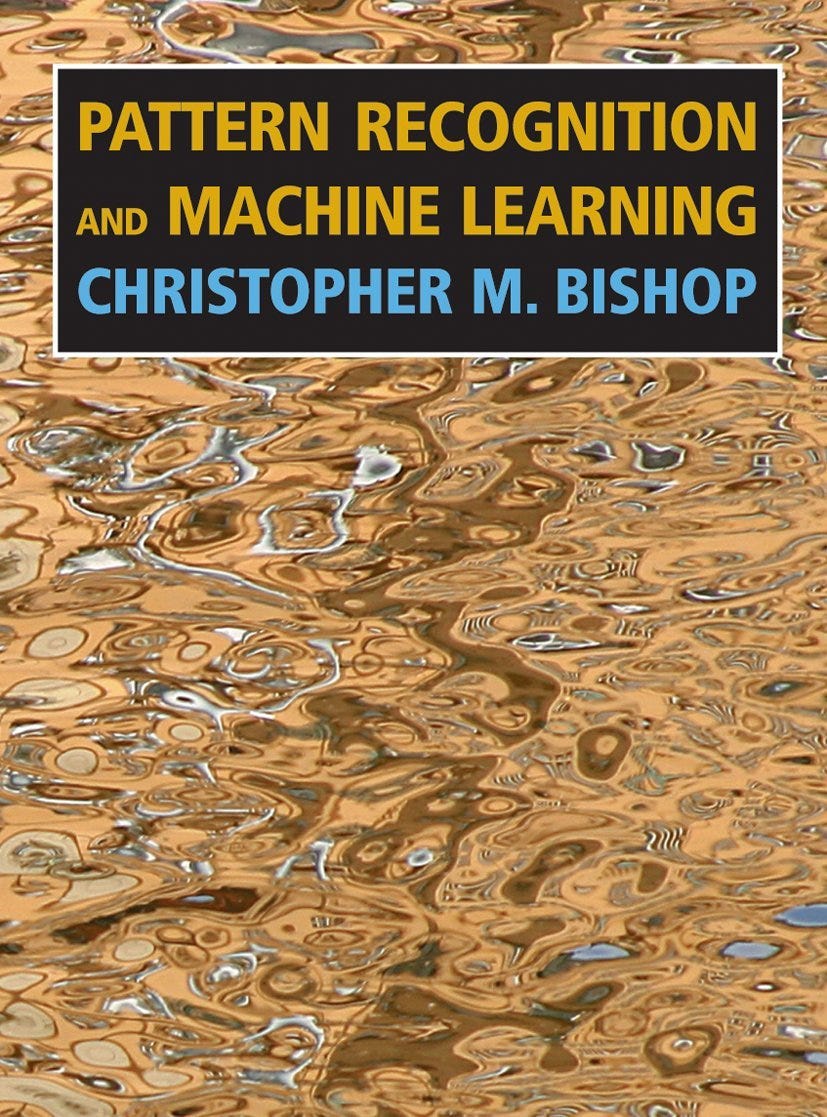Data Science & AI: Books to read in 2023
My reading recommendations to hone your skills this year.
Even though we have plenty of resources online, sometimes it just feels right to consume a heavier load of content that is organized linearly: Books!
In this post, I'll list the most important books I read in my Data Science career while giving you more context that should be helpful for you to decide whether to read it.
For Beginners
A beginner, in my definition, is someone who either wants to start in this career or just started and still needs to work on their data science & AI knowledge breadth and depth.
Practical Statistics for Data Scientists [Buy it Here]
This book from O’Reilly is a great starting point in Machine Learning because it covers the essential techniques and concepts in the field. Don’t be fooled by its name; it also teaches other techniques that are not considered “statistical” by some (such as decision-tree-based models and unsupervised learning techniques)
If you decide to buy this, you might get overwhelmed with so many topics to learn. I recommend the following approach:
Read and practice the “Exploratory Data Analysis” (EDA) part, in which you will learn how to perform EDA and the core data cleaning and preprocessing techniques for ML, as well as what the entire project cycle looks like.
Proceed to the Machine Learning models. There are many in the book, and I suggest picking one or two: the ones I find most important are Linear Regression and Logistic Regression, along with Decision Tree-based models. Also, I recommend that you learn the basic preprocessing techniques.
The clustering part (chapter 9) focuses on K-Means and DBSCAN. Learning those will increase your knowledge breadth.
Now that you have completed the essential topics, I would study different chapters depending on what you are most interested in, so you can fill some knowledge gaps and start building your “expertise” in something.
(extra tip) Please, focus on understanding how the algorithms work and not only how to apply them, as it is essential for decision-making and interviews.
Deep Learning with PyTorch [Buy it Here]
I used to recommend learning Deep Learning with Keras or Tensorflow. Even though it is still viable (and Keras is generally known for being more straightforward than other frameworks), nowadays, I strongly recommend learning PyTorch.
This is because, in recent years, PyTorch has been used increasingly (see figure below), making it easier to find implementations of the newest architectures in PyTorch. Additionally, related frameworks (such as fast.ai) can be used along PyTorch and lets you quickly implement many techniques.
Nonetheless, I only recommend this book if you are determined to work with Deep Learning primarily; most “Data Scientists” I know to focus on other machine learning techniques targeting structured data.
After finishing this book, to further dive into deep learning, I recommend studying through research papers and Kaggle. It would be best to specialize in a topic within Deep Learning; Computer Vision and Natural Language Processing are the two most common and recommended choices.
Industry
To those looking for knowledge to apply to ML/DS projects.
Machine Learning Systems Design [Buy It Here]
This book by Chip Huyen is incredible. As someone that did not focus so heavily on productizing machine learning models (my focus initially was only on modeling and experimentation), reading this book opened my eye to techniques that, before, I would not have had much clarity on how they worked under the hood and helped me in my transition to managing Machine Learning Engineers along with Data Scientists.
Quick tips:
This book assumes you already have a basic understanding of ML, which should be covered by the books I recommended for beginners.
For more senior professionals, it might be worth reading by jumping directly to the topics that interest you the most. That’s how I did it, focusing on issues currently being discussed in the company.
This a great option if you want to become a Machine Learning Engineer after studying the basics.
Machine Learning Yearning [Available Here]
This free book by Andrew Ng covers how to handle different situations that happen in Machine Learning projects: what to do when you struggle to create a good model? Which metrics should I use to guide my team? And so on.
Quick notes:
This is not technically heavy, and it focuses on giving broader pieces of advice. So do not expect an in-depth explanation of techniques.
In my experience, even non-technical managers (that sometimes manage or interact with data scientists / MLEs) find the concepts presented by the book easy to understand.
Deep Diving
If you are already comfortable with the basics, it’s time to specialize further in a topic. Here, I separated two books on hot topics that could serve that purpose.
Deep Learning Book [Buy it Here]
Written by top names in the field, this book is an excellent dive into deep learning, focusing primarily on understanding the techniques. Apart from the Amazon version, there is also a free online version.
Tips:
It has a refresher on Linear Algebra. Even though it is not 100% necessary to understand the remaining of the book, I recommend studying it so you can gain more in-depth knowledge from this book.
This book does not contain recent advancements in deep learning (such as transformers, stable diffusion models, etc.), but it surely builds the foundation for you to understand those.
Causal Inference [Buy it Here]
Causal Inference is a topic on the rise in Data Science and AI because the estimation of impacts and effects of changes appear in many practical situations, such as in defining pricing strategies.
Quick tips:
The author also has a blog version of this book available for free here, a good option if you are in doubt about whether to buy the O’Reilly version.
Mathematical notation is used, but the author does an excellent job explaining it. Anyway, it is not a book to speed read.
Managers
The Machine Learning Yearning book I mentioned above is helpful for managers with specific advice for ML projects. The following books will not be specifically about ML but apply to managers in this field.
The Making of a Manager [Buy it Here]
Julie Zhuo (ex-VP at Facebook) brings many of her experiences that help readers understand the path to becoming a senior manager.
“Your job, as a manager, is to get better outcomes from a group of people working together.” This good quote summarizes this book's focus: people management.
An Elegant Puzzle [Buy it Here]
This book focus on “Engineering Management,” which is closely related to what one does as a Data Science / MLE Manager. It focuses on providing the correct systems to handle different topics, making this book the most practical I’ve read on technical management.
Tips:
It covers many novel topics for new managers, such as Hiring, Influencing through Culture, and Team Design.
The topics presented are independent, so you can read them in any order.
Classics
To the ones looking for more in-depth resources.
Artificial Intelligence: A Modern Approach [Buy it Here]
Despite having a Machine Learning section, this book comprises Artificial Intelligence (broader than ML). Please look at the content table to ensure the topics interest you.
Tips:
In my experience, some people that arrive in data science with non-computer science degrees typically have zero to little knowledge about many of the things presented, such as Search Algorithms (BFS/DFS/etc.) and Constraint Satisfaction Problems, which are very useful in many of the problem settings people face in this field.
Another good section of this book is Reinforcement Learning (RL). It provides an excellent introduction to this topic. I recommend Sutton's classic book that focuses on RL if you love it.
Pattern Recognition and Machine Learning [Buy it Here]
Typically used as a textbook in Machine Learning classes, this book gives a more in-depth explanation of the algorithms with mathematical rigor you don’t find in most online courses.
Tips:
Generally speaking, studying this book gives a more solid foundation than my beginner recommendations. However, it is way more prolonged, and this depth might be overkill for someone just starting, as most jobs will not require a super in-depth knowledge of each algorithm. In the end, you choose the practical approach or the academic approach.
I recommend going through this book linearly, as many of the sections reference past sections, and reuse the same notations throughout the book.
Conclusion
The Data Science & AI field has much to study, which makes it both challenging and intellectually rewarding. Remember that it is acceptable only to know a few topics in-depth and try to focus on continual improvement instead.
At The Overfit, I bring the most important topics to foster this continual improvement for anyone building a career in this field, filtering through all the noise and presenting them in a palatable way. Consider subscribing if this appeals to you. :)
I hope you find some of those books interesting! Good reading!


